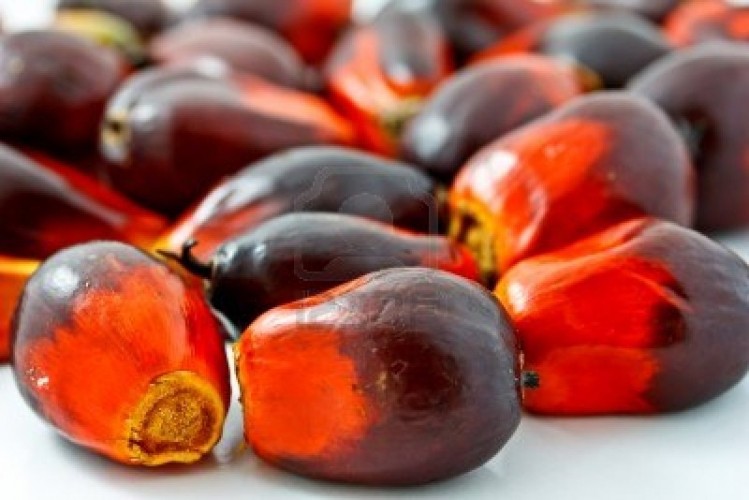UN helps RSPO strengthen palm complaints platform

RSPO acting communications director Stefano Savi told FoodNavigator the memorandum of understanding would look to make sustainable palm oil the norm and work on improving frameworks like that for its panel which deals with complaints against one of its 1,800 members.
Savi said the nature of these grievances varied, but added: "It can happen that the situation on the ground can create non-compliance."
He said these accusations needed to be investigated in order to protect the reputation of the standard.
Meanwhile, Datu Vasco Sabot Singkang, general manager for the Sarawak Land Consolidation and Rehabilitation Authority (SACRA), said RSPO had strayed too far from its original B2B premise and was now too swayed by the views of anti-palm NGOs.
Differing perspectives
Speaking with us on a tour of a government-managed SACRA palm plantation made up of smallholders, he said the certification was too expensive considering that while 18% of the world's palm oil yield was RSPO certified, half of that went unsold.
Savi said upping this sales figure was an obvious focus, and added that there had to be an "equilibrium" between development and sustainable development.
"This is the multi-stakeholder nature of RSPO," he said.
The certified palm oil that cannot be sold at certified price is not thrown away but sold at a lower price as 'normal' palm oil or taken on by other certifiers.
Sabot Singkang said instead of angling towards RSPO certification, the plantation he heads in Sarawak would be looking to the yet-to-be-finalised Malaysian government's palm oil sustainability standard.
The Malaysian government is looking to double palm oil production by 2020.
RSPO said that while palm offered huge economic and social opportunities for exporting nations, production methods were often "highly unsustainable" and could cause serious damage to the environment.
Africa in focus
Indonesia currently accounts for 47.8% of the world production capacity, followed by Malaysia (43.9%) and Papua New Guinea (8.2%). However RSPO said production was "rapidly expanding" in equatorial Africa.
Doug Cress, programme coordinator for the UNEP-UNESCO initiative Great Apes Survival Partnership (GRASP), said: “It is important that we do all we can to enforce these standards and principles, and ensure that the expansion of oil palm cultivation in Africa is done in a sustainable manner.”
It was hoped the RSPO-UNEP partnership would bring RSPO members closer to the technical natural resource conservation and biodiversity expertise of programmes like GRASP.
























